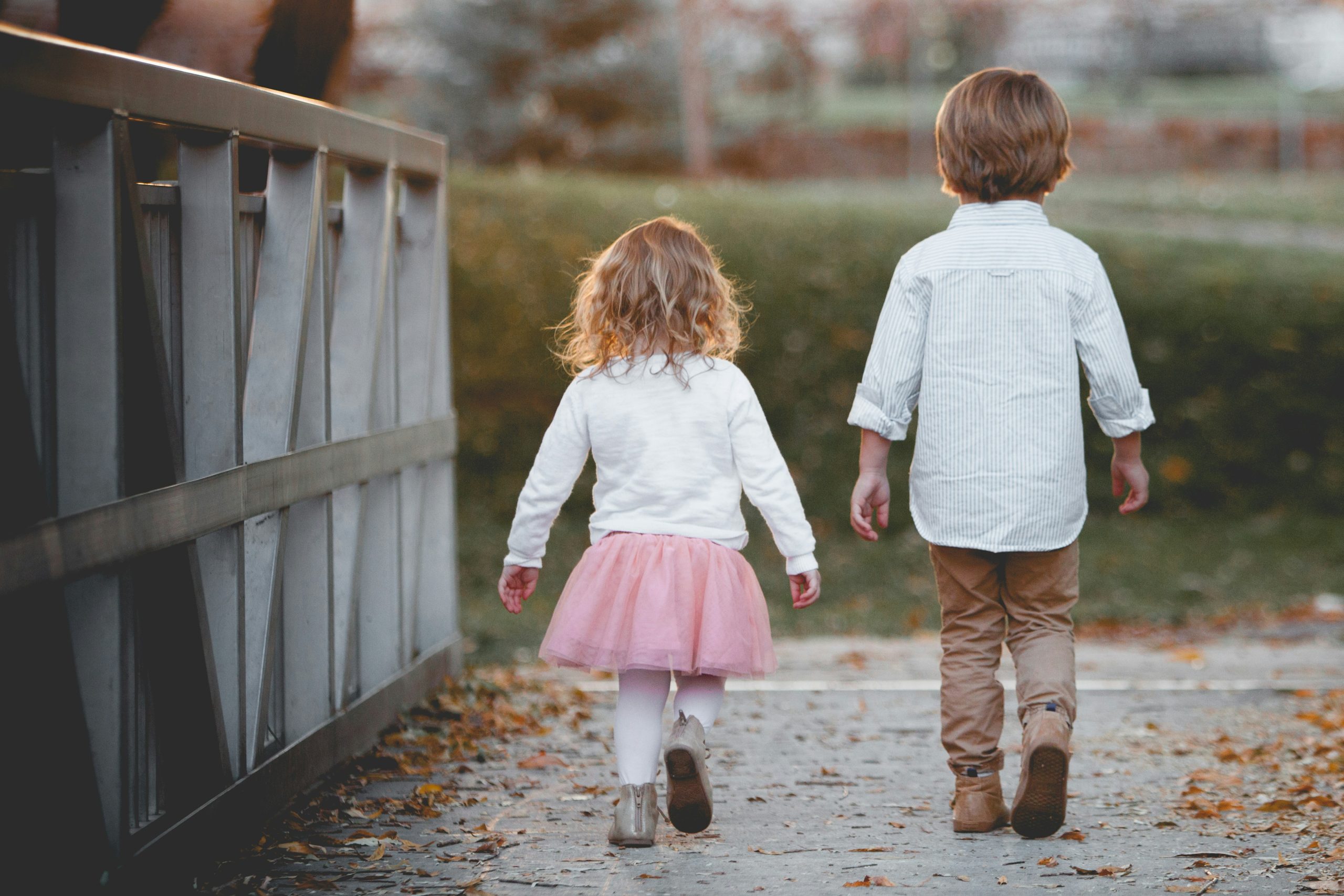‘Boys and girls can never be friends’: This age-old myth would have you believe truly platonic boy-girl friendships are unattainable. Specifically when it comes to friendships between heterosexual boys and girls, shooting down questions like ‘are you sure they’re just a friend?’ can be a daily occurrence.
It’s puzzling why the word ‘just’ is always added here. This seems to suggest that platonic boy-girl friendships are second-tier to amorous relationships. Not only does this word diminish the sincerity of boy-girl friendships but it also perpetuates harmful gender stereotypes.
Boy-girl friendships are often viewed with suspicion by observers. The girl is often seen as a naive creature; she is incapable of seeing the sexual nuance which forms the basis of his friendliness towards her. Or, on the opposite side of the spectrum, she is slut-shamed and villainized for ‘taunting’ the boy with the prospect of something more than friendship. In boy-girl friendships, the boy is also presented unflatteringly. He is seen as someone who only maintains the friendship out of hope that one day, it will turn into something more. It couldn’t be possible that he enjoys her company without wanting a return on his romantic investment!
Similarly, the idea of a “Friend Zone” is often alluded to when discussing this type of friendship. The mere mention of a boy-girl friendship often conjures up an image where one person is involuntarily trapped in the dreaded “Friend Zone”. This phrase, as insignificant as it may seem, reinforces the idea that relations between men and women can’t be truly meaningful if they’re platonic.
Endorsing this archaic view is especially harmful when one of the people in the friendship is already in a monogamous relationship. We can see plenty of examples of this in the media. For instance, Outer Banks actor Rudy Pankow (JJ) toned down his public friendship with his on-air love interest Madison Bailey (Kiara), because the shipping fan edits made his off-screen girlfriend uncomfortable. This example might seem niche, but cases like this are in no way limited to the celebrity sphere. Similar things happen every day as a result of the normalised il-legitimization of boy-girl friendships.
In a way, it’s understandable why people come to think of boy-girl friendships as unobtainable. After all, the whole slow-burn, friends-to-lovers trope is admired in multiple sitcom-style TV shows, like Jim and Pam in The Office and Jake and Amy in Brooklyn 99. But it’s important to remind ourselves that whilst we can all appreciate this familiar (if not slightly overdone) format, it isn’t illustrative of ALL boy-girl relations. Many boy-girl relations can be strictly platonic friendships of equal calibre and value.
So, in short, the answer is yes. Of course, girls and boys can be friends. Great friends, I might add.
Having a diverse variety of friends is a positive thing, not something which someone should be shamed for. Making friends with people of all genders can teach us new things, allowing us to practise empathy and gain insight which we might not have otherwise considered. There are lots of benefits which come from having a mixed friendship group and for those who have enough emotional maturity, boy-girl friendships can be very rewarding.
